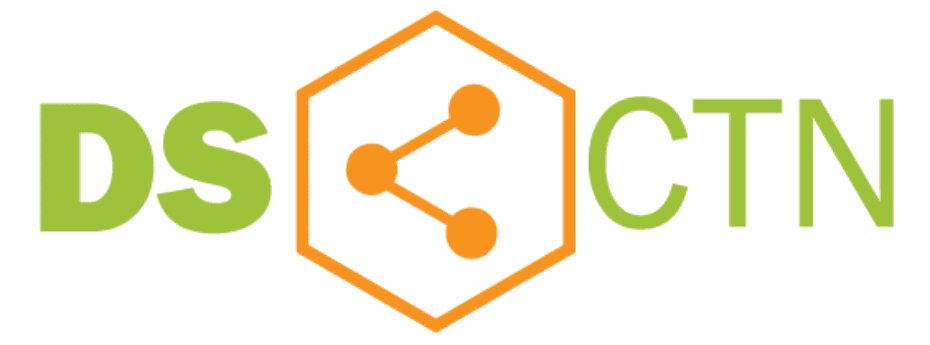Our Consortium bridges industry and Down syndrome experts to build a structured and focused translational approach to Down syndrome-related research. We create and drive high-impact research projects that identify and develop pre-clinical tools and clinical outcome measures to accelerate the pace of research efforts in the DS community.
The Consortium unites in a shared goal to address common impediments to drug development in areas that impact individuals living with DS, and ultimately bring new therapies to market.
The LuMind IDSC Research Consortium works in a pre-competitive space to support Down syndrome clinical research by:
- Exploring and identifying novel biomarkers in Down syndrome
- Expanding the existing data available on natural history of DS to aid researchers and clinicians in understanding the life progression of an individual by increasing participation and amount of longitudinal data collected
- Expanding researchers’ understanding of the unmet medical needs of Down syndrome
- Enhance industry knowledge of DS, caregiver concerns, and the wider DS community
- Providing access and increasing access to clinical trial participation
- Enhancing Down syndrome bio-sample and data sharing
The first project of the LuMind IDSC Research Consortium is an expansion of the Longitudinal Investigation for the Enhancement of Down Syndrome Research (LIFE-DSR) study.
Support from the Research Consortium enables LuMind IDSC to initiate several sub-studies in the ongoing LIFE-DSR cohort.
Natural history studies are informative for the early stages of the drug development process and clinical trial design in Down syndrome. Drug development in Down syndrome requires a robust understanding of Down syndrome and appropriate endpoint identification and development. The more knowledge we have about the individual differences between individuals with Down syndrome, and common health concerns and abnormalities, the more we can contribute to our understanding and research efforts into new products to treat them.
